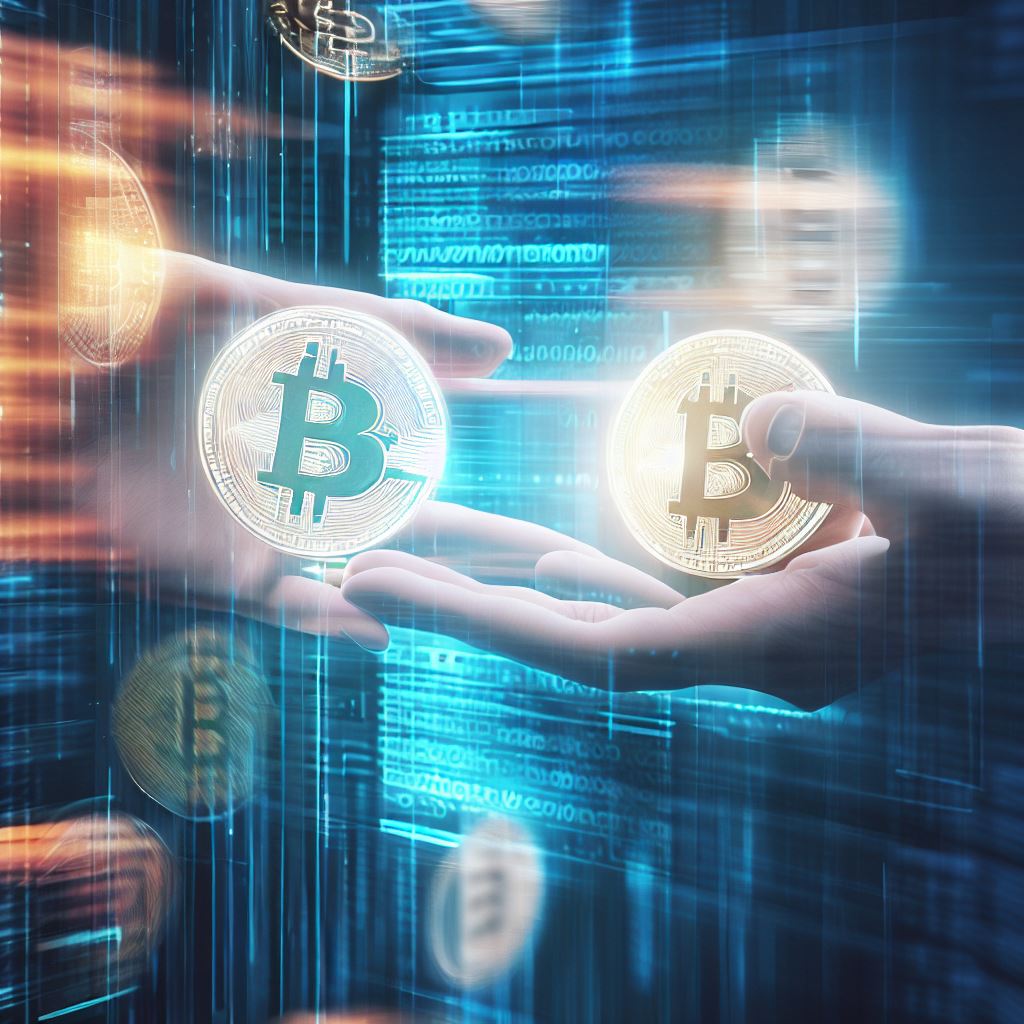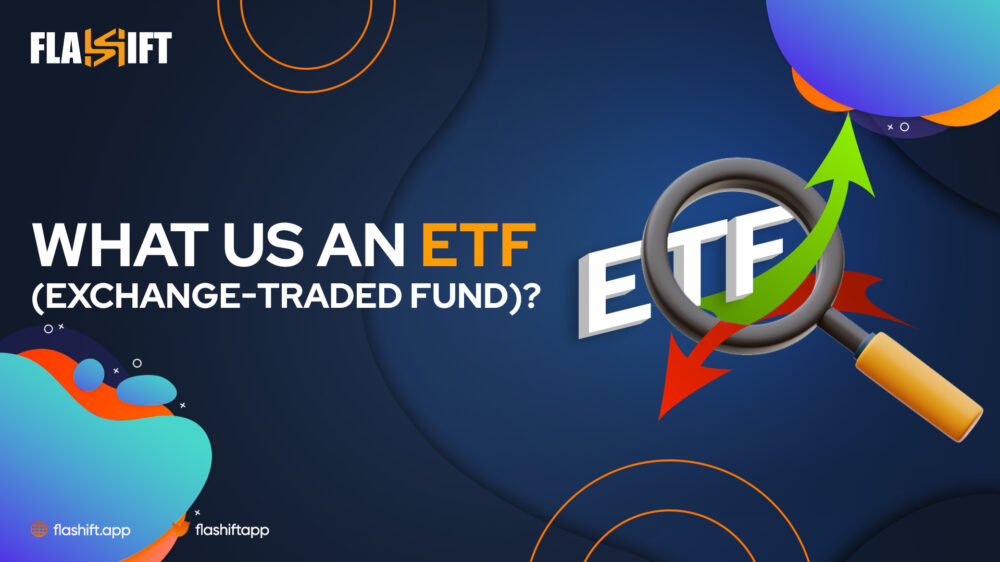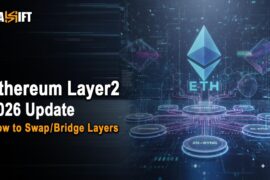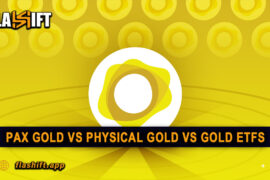ETFs often follow a specific index, field, product, or other kind of asset, but as opposed to mutual funds, exchange- traded funds (ETFs) may be bought and sold on a stock market in the same manner that a conventional stock can. An ETF can be intended to monitor everything from a single commodity’s value to a huge and diversified group of commodities. ETFs can even be designed to follow certain investing methods.

An ETF is an exchange-traded fund as it is exchanged on an investment trade, much like equities. The value of an Exchange-traded fund’s shares fluctuates during the trading session as they are purchased and sold on market conditions. In contrast, mutual fund investments cannot be traded on an exchange. They are traded just once each day following the exchanges are shut. Furthermore, as opposed to mutual funds, Exchange-traded funds are less expensive as well as more flexible.
An ETF is a form of vehicle that owns numerous fundamental assets as opposed to just one, like an ordinary stock would. Since an Exchange-traded fund contains several resources, it may serve as an appealing option for variety. Exchange-traded funds may therefore hold a variety of expenditures, such as equities, products, obligations, or a mix of investment kinds. An Exchange-traded fund is a tradable investment, which means that the price of its shares permits it to be purchased and sold on markets during the day, and it may be traded short.
What is shitcoin and how does it work?
The benefits of ETFs include the following:
– In contrast to other mutual fund investments, that exchange at the end of a particular day, you may purchase and sell at any moment of day. The vast majority of exchange-traded funds (Exchange-traded funds) must make public what they hold on every day.
– Since they produce fewer capital profit dividends, Exchange-traded funds tend to be more tax-effective than actively operated mutual funds.
– Investors can set order kinds (e.g., restricted orders or loss limits options) that mutual fund traders cannot due to the fact they are subject to trading like commodities.
Nevertheless, there are some drawbacks to utilizing ETFs, including the ones that follow:
– If you tend to make investments of small amounts on a regular basis, engaging in direct negotiations with a fund firm in an empty fund might be less costly.

– Some of the little exchanged ETFs have wide bid/ask expands, indicating that you’ll be purchasing at the top end of the gap while selling at the low end.
– Although ETFs frequently closely track their fundamental index, technical issues may create variations.
What is a Consortium Blockchain?
– ETF purchases are not resolved for a couple of days following the exchange of goods; this means that the proceeds from an Exchange-traded fund sale is potentially inaccessible for investment for a while as the purchaser.
Think of a Marketing Method.
Dollar-cost averaged values, or stretching out the cost of your investment fees over an extended period, is a smart investing approach for new Exchange-traded fund investors. This is due to the fact that it eliminates out profits over time and guarantees an organized (rather than unplanned or erratic) strategy for investment.
It also assists prospective buyers in learning more regarding the subtleties of ETF investment. Traders can progress to more complicated tactics such as trading swings and market rotating as they gain trading experience.
What Is the Difference Between an ETF and a Mutual Fund?
A stock fund which monitors an index of stocks is sometimes referred to as an indexing fund. An index ETF is built similarly and will contain the equities of an index, following it. The distinction among an index fund and an Exchange-traded fund, nevertheless, is that an ETF can be more economical and accessible than an indexed mutual fund. An Exchange-traded fund can also be purchased immediately on a stock market during the day, but mutual funds must be bought via a brokerage firm at the end of every day of trading.
Things to note before investing in cryptocurrencies
Conclusion
Exchange-traded funds, are a low-cost approach to obtain exposures to a diverse portfolio of assets on a tight budget. Rather than purchasing individual companies, the buyer can instead buy units in a fund that seeks an accurate the cross-section of the overall market. When buying in an ETF, however, there are certain extra expenses to consider.






